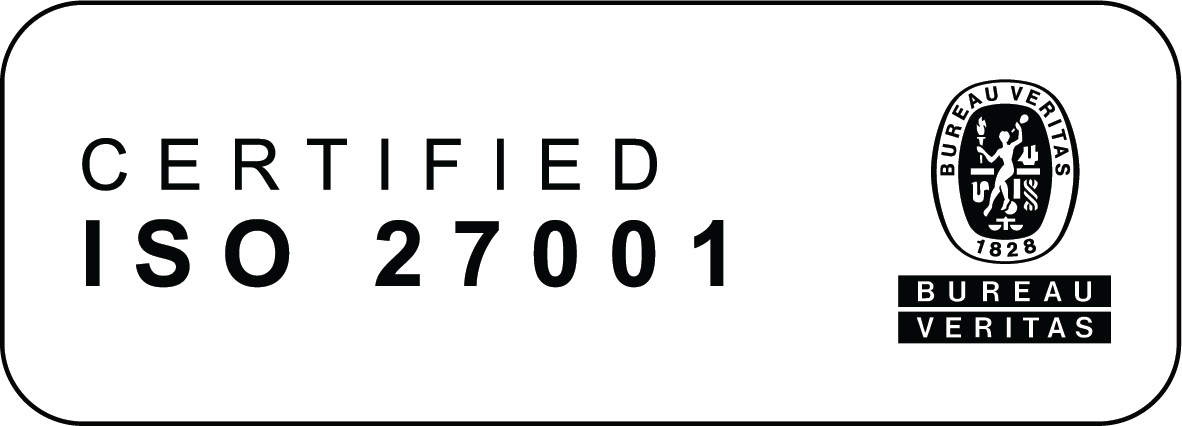Think of eSealing as the modern-day corporate wax seal. Organizations use the digital stamp to authenticate documents, ensure their integrity, and confirm their official approval. Whether it’s contracts, financial statements, or certificates, eSeals protect documents in the same way traditional seals did—but with a tech-savvy twist.
Here’s why eSealing isn’t just a “nice-to-have“, but a critical tool for businesses today:
What Is eSealing?
An eSeal is like a digital guardian for electronic documents. It confirms two things:
- The document hasn’t been altered after being sealed
- It genuinely comes from the organization that issued it
At its core, an eSeal contains a digital certificate issued by a Certificate Authority (CA).
(Think of a CA as a trusted referee in the digital world. The CA vouches for the organization’s identity by issuing a digital certificate, which works like an official ID badge for the eSeal. This ensures the organization behind the seal is legitimate and that the seal itself is secure and trustworthy.)
Now, let’s explore why businesses rely on eSealing in various scenarios:
Legal and Regulatory Compliance
In many industries, compliance isn’t optional—it’s mandatory. eSealing helps organizations meet strict legal and regulatory standards.
- Legal Documents: In numerous jurisdictions, documents like contracts or financial statements must be electronically sealed to ensure their validity and integrity.
- EU Regulations: Under the eIDAS Regulation in the European Union, eSealing is recognized as the digital equivalent of a traditional company seal. This provides legal certainty across EU member states for electronic documents.
Protecting Document Integrity
Keeping sensitive documents unaltered is a top priority for many organizations. Here’s how eSealing helps:
- Preventing Tampering: Sensitive documents—like invoices, certificates, and reports—can be eSealed to guarantee their authenticity.
→ Example: An educational institution can apply eSeals to digital certificates awarded to graduates, allowing employers or other schools to verify their legitimacy.
- Securing Communications: When transmitting documents electronically, an eSeal ensures recipients that the content hasn’t been tampered with.
→ Example: A law firm can eSeal confidential documents sent via email, assuring clients that what they receive is legitimate and unchanged.

Authenticating Corporate Identity
eSealing strengthens trust in a company’s communications and protects its reputation.
- Official Documents: Whether it’s submitting annual financial statements or sending correspondence to partners, eSealing proves that documents come directly from your organization.
→ Example: A publicly traded company applies eSeals to its financial documents to comply with regulatory standards and reassure stakeholders of their integrity.
- Brand Protection: An eSeal helps safeguard a company’s reputation by preventing forgery or misuse of its official documents.
Streamlining Business Processes
For companies processing high volumes of documents, eSealing isn’t just a security measure—it’s a productivity booster.
- Automation: By integrating eSealing into automated workflows, businesses save time and reduce errors.
→ Example: A SaaS company can eSeal its monthly invoices, ensuring they’re tamper-proof while eliminating the need for manual verification.
- Cross-Border Transactions: In international business, eSealing is a universal method for document authentication, reducing delays and complications.
→ Example: A global trading firm uses eSeals to authenticate trade documents like customs declarations, ensuring they’re trusted by partners worldwide.
Building Trust in Digital Transactions
Trust is the currency of the digital world, and eSealing helps businesses earn it.
- E-Commerce and Services: An eSeal assures customers that electronic agreements, terms of service, and receipts are genuine.
→ Example: A multinational corporation entering a cross-border contract can use eSeals to meet the legal requirements under the eIDAS Regulation, ensuring the document is authentic and tamper-proof.
- Pairing with Digital Signatures: While distinct, eSeals complement electronic signatures by confirming the document’s organizational source.
Conclusion: Why Your Business Needs eSealing
eSealing is more than a technical tool—it’s a business enabler. It ensures that your company’s electronic documents are authentic, secure, and legally compliant.
From protecting document integrity to streamlining workflows and building trust in cross-border transactions, eSealing plays a critical role in today’s digital-first business environment.
eIDEasy can help your organization adopt eSealing effortlessly. Let’s talk about how we can safeguard your brand, streamline your processes, and build trust in the digital age.
PS: For documents that need the highest level of trust and legal weight, Qualified Electronic Signatures (QES) pair perfectly with eSeals.




